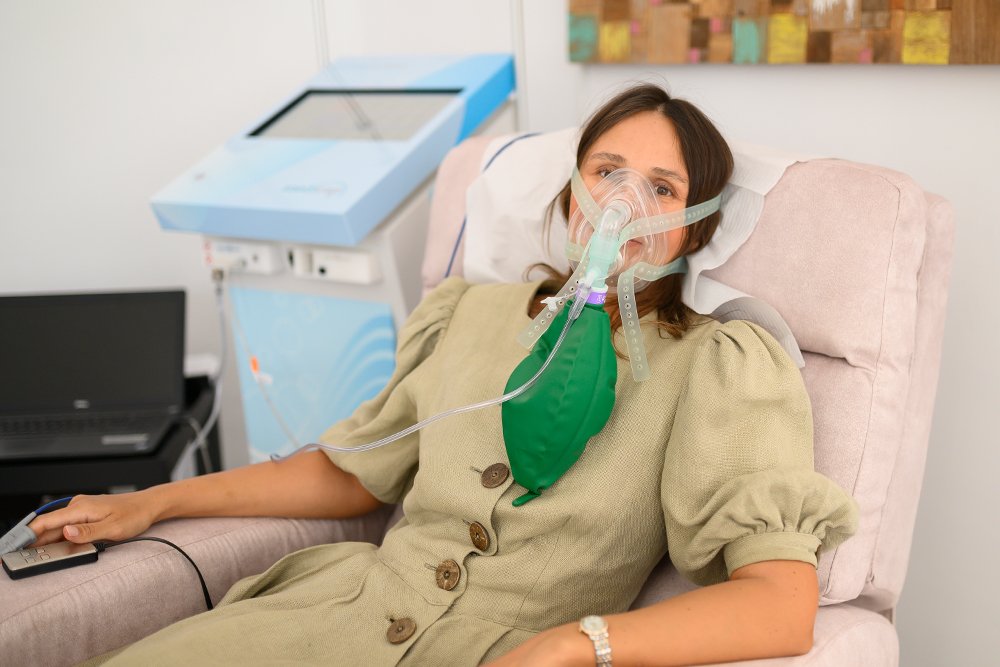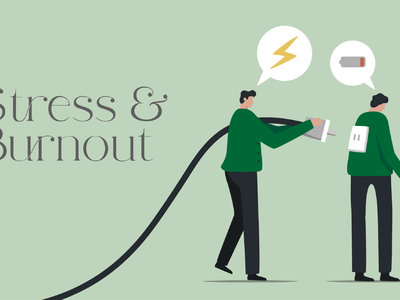Powering Up Mitochondrial Function with IHHT
Intermittent Hypoxia-Hyperoxia Training (IHHT) is a popular, safe and effective treatment that increases energy levels and reduces susceptibility to illness by super-charging the body’s mitochondria.
Mitochondria are the body’s energy generators, working hard to keep us up and running. It’s a huge job for what are effectively tiny power plants living in cells, and occasionally they need help. IHHT gives them that help.
IHHT expert, Dr Arkadi Prokopov, has spent much of his medical career in biomedical research, focusing on stress resistance and mitochondrial function, and in a recent interview, he explained more about IHHT with regard to mitochondria function.
“Intermittent Hypoxic Training stands as a powerful tool to regenerate and enhance mitochondrial function,” he said. “By introducing controlled oxygen variations, IHHT activates natural mechanisms crucial for mitochondrial repair, ultimately optimising cellular energy production and promoting overall health and endurance.”
IHHT can be traced back to Russia where it was discovered that controlled normobaric hypoxia intermittently was more effective than continuous hypoxia. It was a crucial breakthrough that revealed its importance in controlling mitochondrial quality.
To briefly explain, intermittent hypoxia is a natural process that tends to be experienced during physical activities, such as exercise. Dr Prokopov used intermittent hypoxia to improve stress resistance, boost energy metabolism, and regenerate mitochondria. He found that this natural mechanism provided continuous repair and recovery for mitochondria while enhancing endurance, as seen in altitude training.
IHHT is simulated with devices called hypoxicators, which deliver controlled amounts of intermittently hypoxic air through a mask. A fourth generation of these machines offers biofeedback and computer-controlled protocols, making IHHT accessible and efficient for various treatments.
Acknowledging a connection between CO2 levels and optimal mitochondrial performance, Dr Prokopov said chronic over-breathing, often induced by stress, can lead to lower CO2 levels with chronic imbalances leading to health issues. IHHT aids in resetting the capnostat, a regulator of CO2 levels.
He further emphasised the importance of focusing on regenerating mitochondria for long-term benefits, highlighting the significance of fuel modulation and the delivery of intermittent oxygen to prevent mitochondrial degradation.







